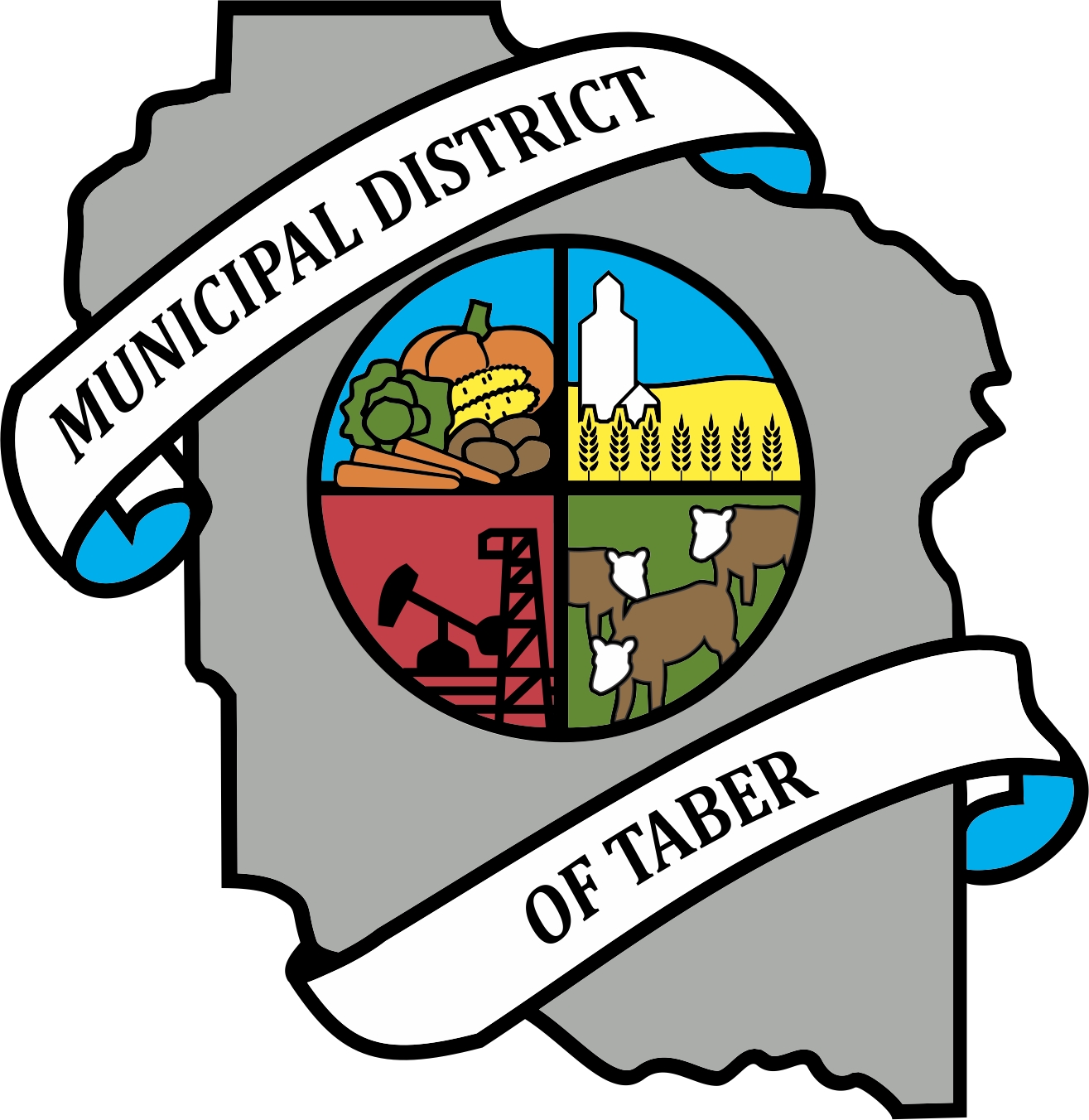Current Temperature
10.0°C
Ag disaster declared as local growing conditions deteriorate
Posted on July 27, 2023 by Vauxhall Advance
By Heather Cameron
Vauxhall Advance
Local Journalism Initiative Reporter
The Municipal District of Taber has declared an agricultural disaster.
At their Council meeting on July 18, Council made the decision for the crop year 2023 as current conditions in the M.D. fit RMA (Rural Municipalities of Alberta) guidelines for an agricultural disaster.
The M.D. stated they made this declaration to “address the severe drought conditions which are negatively impacting local agricultural producers,” especially within the dryland areas of the municipality. They recognized the importance of agricultural production to the economy and “stand with local producers during this difficult time.”
According to the news release announcing the declaration, the Alberta Crop Report rated all crop conditions in the South at 35 per cent good or excellent as of July 11. Soil moisture reserves, the release stated, are severely depleted at 42 per cent. The news release also said that desiccated conditions have caused grasshopper infestations over 17 per cent of acres and approximately 46 per cent of pastures and hay are in poor condition. Annual crops have decreased by six per cent and are now rated poor by 23 per cent. This year, the release said, is the third consecutive year that the M.D. has declared such a disaster with the first year being 2021. Factors that led to the disaster being declared include varying winter snowpack, lack of early season moisture, lack of precipitation, and high temperatures, the release said.
The declaration of an agricultural disaster, Council discussed on July 18, will ultimately get communicated to relevant ministers at the provincial and federal levels in order to bring awareness to the scenario. As Council discussed the issue, they acknowledged that the M.D.’s ag fieldman was already preparing the letter for the necessary ministers.
Council initially struggled how to word their declaration because although there are good crops in the irrigated areas, the areas that are not being irrigated are struggling and the dry grassland areas are really suffering. This was part of the discussion they had during the Council meeting that led them to declare the agricultural disaster.
During the discussion, Councillor Hildebrandt expressed concern about there being a risk of problems within the irrigated areas because of the heavy utilization of irrigation.
“There will be some irrigators that are going to struggle with adequacy of the water supply,” Councillor Hildebrandt said. “Some of the forage producers as well as some of the crop producers are really going to struggle to have adequate water supplies for them to finish the irrigating season so I believe there is a risk there even to the irrigated producers. The other impact that they’re experiencing is very high pumping costs as well because of the high usage.”
Councillor Turcato agreed with Hildebrandt’s words and added that the M.D. is currently seeing some under-utilized land that had some early silage taken off that is not being reseeded.
“The potential, if we had a normal year, would have been much higher,” Turcato said.
DeGroot said that however the letter was written, the M.D. needed to show the value of irrigation to the municipality. Without irrigation, DeGroot said, the M.D. of Taber would not exist. DeGroot also wanted to ensure that the importance of the Chin Coulee Expansion, and how water security is such a factor were all included in the letter to the provincial and federal ministers.
“In spite of erratic and low precipitation levels, we are fortunate to have continuous access to potable water as well as the comprehensive water security our irrigation districts provide,” Reeve Harris said. “It has never been more crucial that this vital resource is made available.”
Councillor Hildebrandt acknowledged that the current situation was a dire situation for all, especially dry land producers, and warranted declaration of an ag disaster, as the season is every bit as dry as it was in the year 2000.
“Water security, this could be less of a disaster had we had more ability to store more water,” Councillor Turcato said. “We might not see some under-utilized irrigation acres. Also, the expansion of irrigation acres in the area, an increased 83,000 acres over the SMRID over the next eight years is going to be really beneficial. So this is a way of highlighting the need for water security not only for crops and livestock but also for using it for human consumption.”
Leave a Reply
You must be logged in to post a comment.

 Log In
Log In